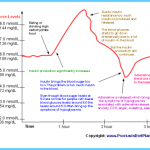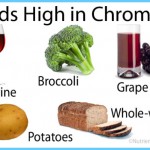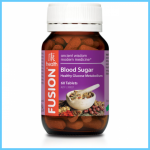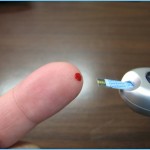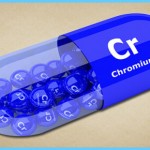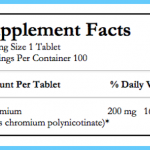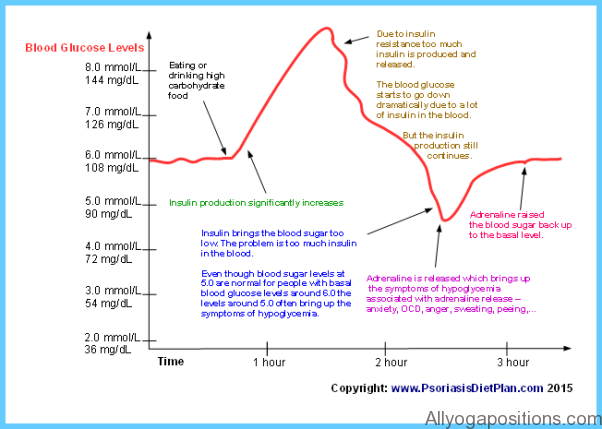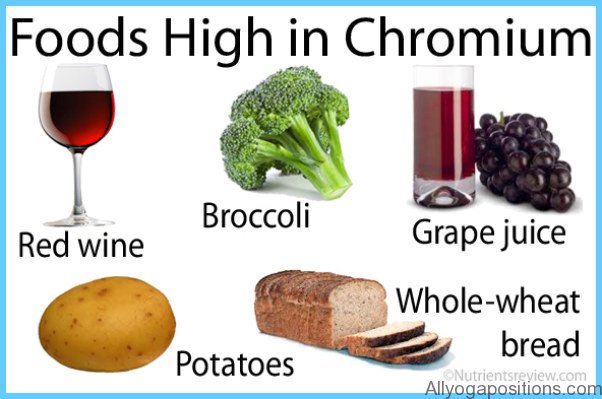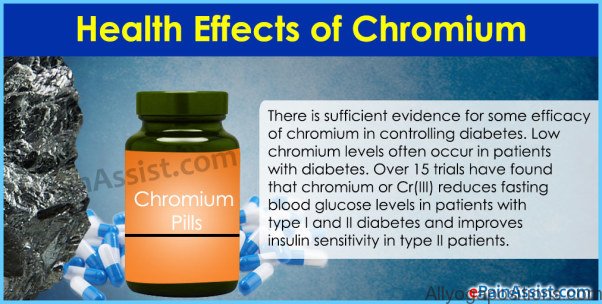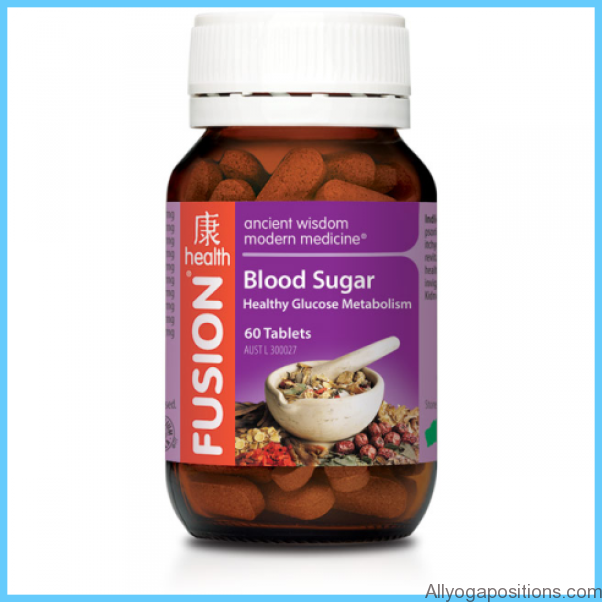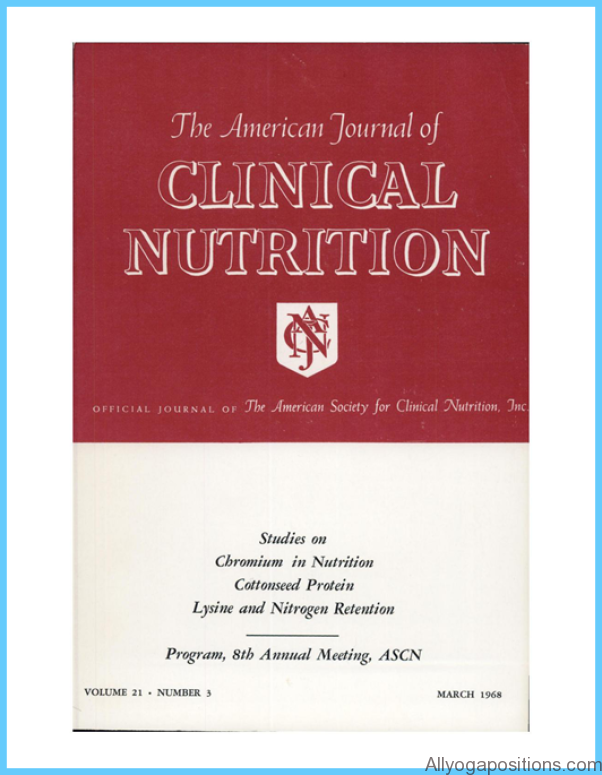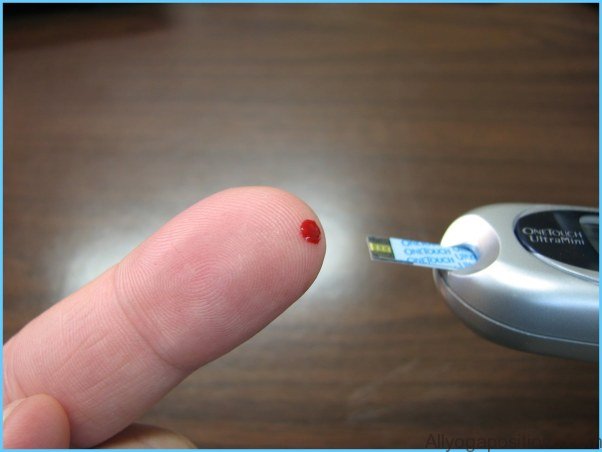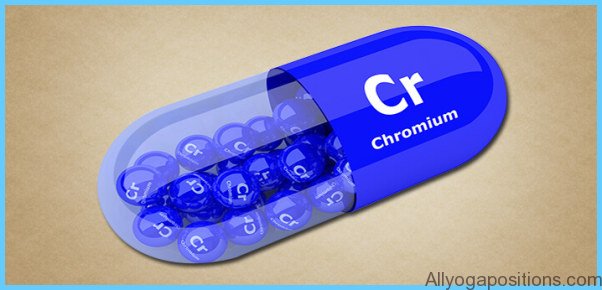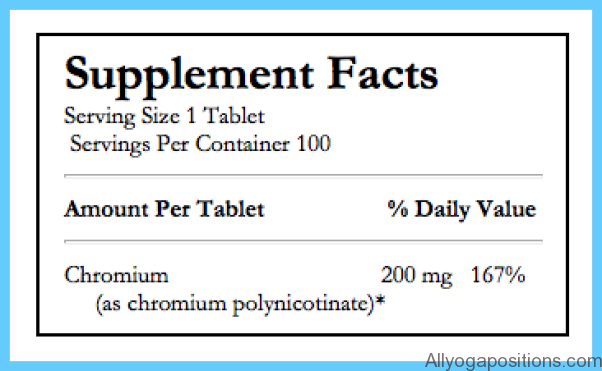Supplements of this trace mineral have been promoted to manage hypoglycemia; unfortunately, research studies are few and far between. One small study was conducted in the late 1980s with eight women who had hypoglycemia.2 Those who took 200 micrograms of chromium for three months experienced a significantly reduced rate of low blood-sugar symptoms and had higher blood-glucose levels two to four hours after eating. Another small study conducted among 20 patients with hypoglycemia found similar results using 125 micrograms of the mineral.3
But this is all we have to go on. A greater number of studies have investigated the use of chromium in individuals with type 2 diabetes—and you’ll read about this mineral’s potential role in insulin resistance and high blood sugar in chapter 19, “Polycystic Ovary Syndrome” (PCOS). Despite the lack of scientific support for the use of chromium in hypoglycemia, it is a wise idea to make sure you get enough of this mineral in your daily diet.
It appears that chromium does play an important role when it comes to regulating blood glucose. Chromium is needed by the body to make glucose tolerance factor (GTF), a compound that interacts with insulin and helps maintain normal blood-sugar levels. With adequate amounts of chromium present, your body uses less insulin to do its job.
The recommended dietary intake for chromium is 25 micrograms (men need 35 micrograms per day). Chromium-rich foods include apples with the skin, green peas, chicken breast, refried beans, mushrooms, oysters, wheat germ and Brewer’s yeast. Processed foods and refined (white) starchy foods like white bread, instant rice, white pasta, sugar and sweets all contain very little chromium.
If you’re concerned you’re not getting enough chromium through food, check your multivitamin and mineral supplement to see how much it contains. If it’s less than 25 micrograms, consider taking a separate 200-microgram supplement each day. Studies show that chromium picinolate is absorbed more easily than other forms such as chromium chloride and chromium nicotinate. Chromium supplements are extremely safe.
Keep in mind, though, the most important thing you can do to prevent hypoglycemia is to eat at regular intervals and choose carbohydrate foods high in soluble fiber. If you are not doing this, don’t expect chromium to help manage your condition.

